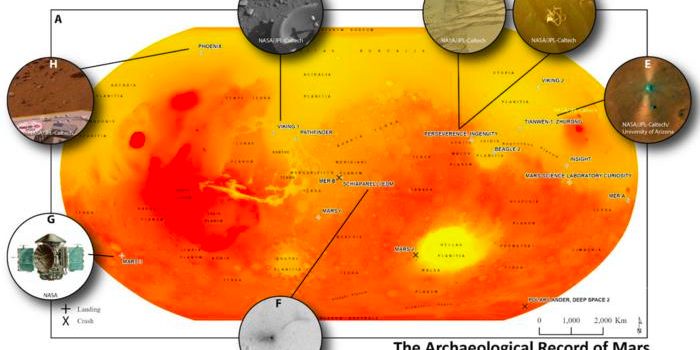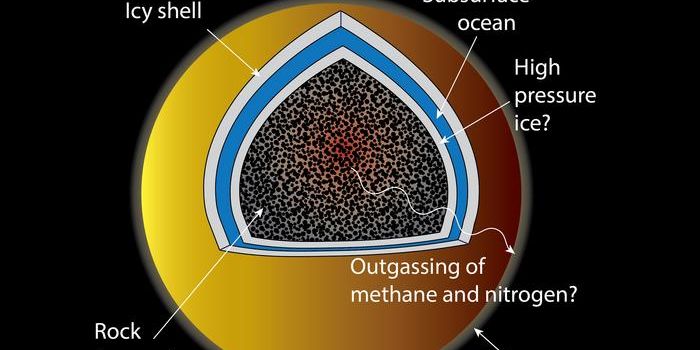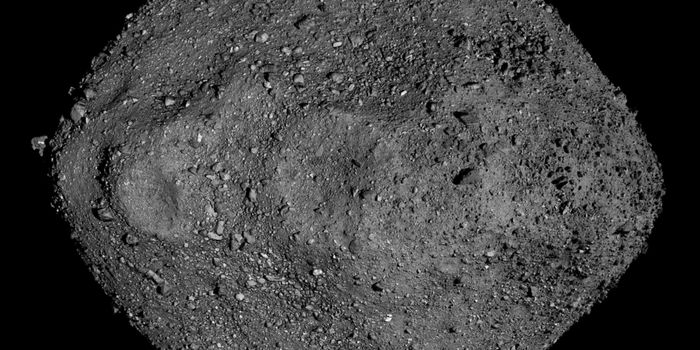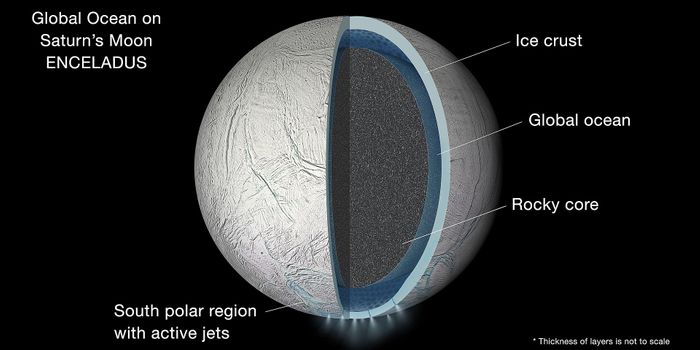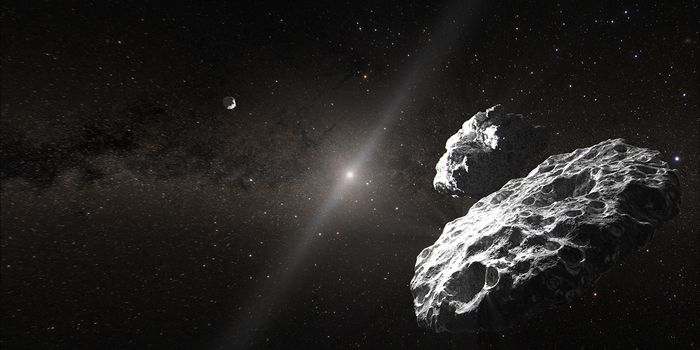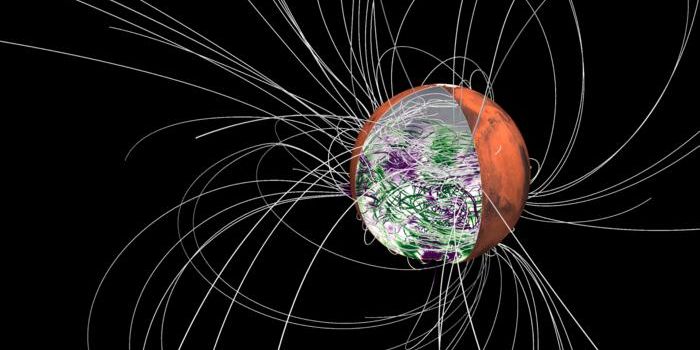NASA to Temporarily Cease Communications With Mars Assets
We have a bevy of exploration equipment visiting Mars right now; some are orbiting the red planet, while some are physically rolling around on the surface. Whether they’re landers, orbiters, or rovers, they’re all about to have one thing in common: a moment of silence from NASA.
Both Earth and Mars orbit the Sun, but because they orbit at different distances and speeds, the Sun sometimes finds its way in the middle of the line of sight between Earth and Mars. This event happens once every ~26 months, and it’s known as Mars solar conjunction.
Image Credit: NASA/JPL-Caltech
Trying to communicate with our equipment on Mars during a conjunction is tricky. The sun radiates charged particles, which can interfere with radio signals sent between equipment on Earth and Mars.
To prevent interference between signals transferred between communication equipment, NASA will refrain from sending any commands to Martian exploration equipment from July 22nd to August 1st.
NASA follows this safety precaution because some of our Martian exploration equipment is programmed to act based off of commands. If one command we sent isn’t quite “clear” enough because the Sun distorts our signal, it could result in a miscommunication and the remote equipment may perform unwanted actions.
"Out of caution, we won't talk to our Mars assets during that period because we expect significant degradation in the communication link, and we don't want to take a chance that one of our spacecraft would act on a corrupted command," said NASA’s Mars Relay Network Office manager Chad Edwards.
Related: The Curiosity rover's wheels are beginning to break down
We will continue receiving inbound signals from the equipment on Mars during the week-long event, but NASA will only abstain from sending any commands out. The data we do receive may be garbled until Mars gets out from behind the Sun after August 1st.
Since NASA won’t send any commands during the conjunction, the agency is preparing by sending all their commands to our Mars equipment ahead of time. Doing so will keep it busy in the meantime, allowing it to continue scientific operations during the week-long silence.
Many NASA scientists have experienced Mars solar conjunctions before, so this is nothing new. Because the space agency is so familiar with these events and how they work, they know how to prepare ahead of time.
Source: NASA


